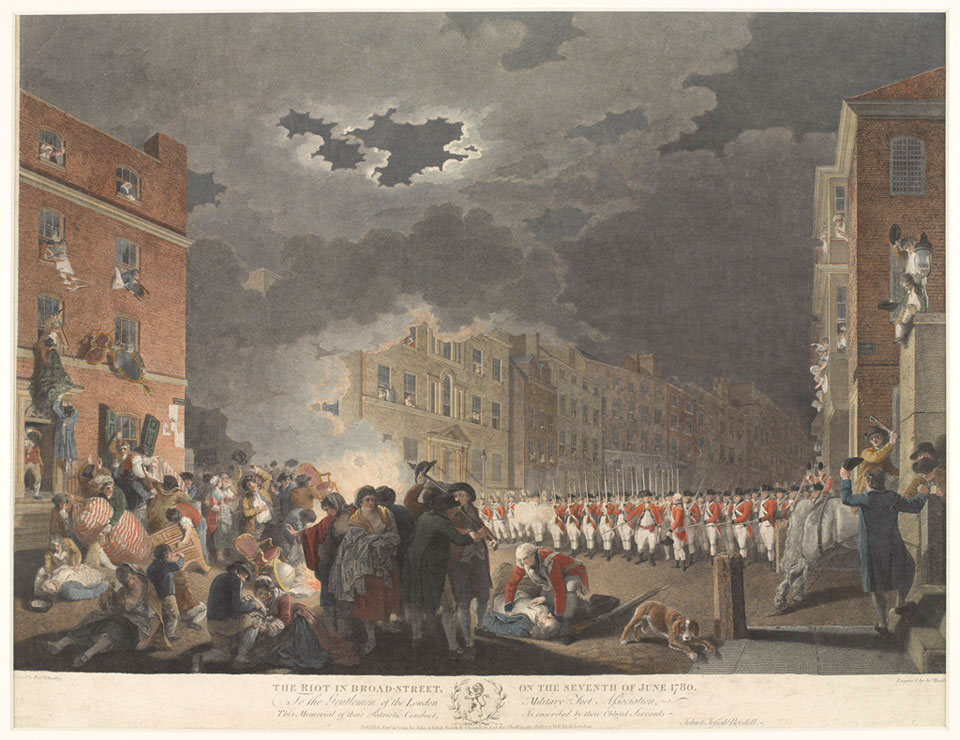Foundation For a Revolution
By Nathan Mohr
November 10, 2017

At the beginning of 1917, the outlook for the Russian army on the Eastern Front was pretty bleak. A brief glimmer of hope had shined in the summer and early fall of 1916, when Russian general Aleksei Brusilov had led a highly successful advance on the German lines. The Brusilov Offensive was the high point of the Russian military during the First World War, but it had demanded a staggering cost in lives and was ultimately unsuccessful in winning the war in the East. By the winter of 1916, Russian morale had plummeted.
The Russian war effort had been badly mismanaged. Russia, in spite of their massive manpower and a quicker than expected mobilization at the beginning of the war, had not been equipped to deal with the long, drawn-out slog that the Great War eventually became. Their infrastructure had not been designed with the transportation of military supplies to the front in mind. Their manufacturing and agrarian capabilities were severely limited, particularly when it came to the production of wartime material. Their army, while massive, consisted of largely untrained and ill-equipped troops, some of whom went into battle without any weapons. Soldiers were occasionally limited to no more than 10 shots a day, and sometimes were forbidden to return fire at all.[i] One soldier wrote to his father: “Our position is bad, and all because we have no ammunition. That’s where we’ve got to, thanks to our ministers of war, making unarmed people face up to the enemy’s guns because we don’t have any of our own.”[ii]
After three years of heavy casualties, military blunders, supply mismanagement, and apathy from those in charge, the Russian military was deeply dissatisfied with their situation. Russia itself had been a country on the brink of a revolution for several years. In 1905, unhappy with the heavy-handed autocracy of Tsar Nicholas II and no real representation for the average citizen, the Russian populace had engaged in widespread unrest. The Revolution of 1905 had resulted in some extremely moderate democratic reforms, most prominent the organization of the Duma, a parliamentary body with very limited power. But Nicholas, who had only instituted the reforms to avoid a full-scale revolt, had gradually drifted back to his previously held positions. His wife, Alexandra, was a major influence on his thinking, and she was a firm believer in the Tsar’s absolute right of autocratic rule. She, in turn, was heavily influenced by a low born monk with reputed mystical powers by the name of Grigori Rasputin. Rasputin and Alexandra held sway over the opinions of Nicholas, and given that he was a largely weak-willed leader, often succeeded in killing any chance of democratic reforms.
Following the military failures of 1916, Nicholas, in spite of the fact that he had no military experience, appointed himself as the military leader over the Russian army. This took him away from the Russian capital of Petrograd and on the front lines, leaving his wife and Rasputin, as well as various bureaucratic officials, in a bit of a power squabble. In December of 1916, several Russian nobles had reached a breaking point and assassinated Rasputin, leaving Alexandra without her primary advisor, and Nicholas away from the capital. By February 1917, things had taken a much sharper turn for the worse. Not only was there a vacuum in leadership, but the long war and failing infrastructure had created a supply crisis in Petrograd, leaving the citizens without basic staples, including bread.
On February 23, 1917, protests broke out all over Petrograd, with workers leaving their factories and demanding food. By mid-morning of the next day, some 150,000 workers were in the streets, battling police, looting shops, and causing general mayhem. By Saturday, the 25th, the situation became serious, as all major factories were shut down, and thousands more workers joined the demonstrations.
The people’s revolution had begun.
• • •
[i] Figes, Orlando. A People’s Tragedy: The Russian Revolution. (New York: Penguin Books, 1996.) pg. 262
[ii] Ibid, pg. 262




